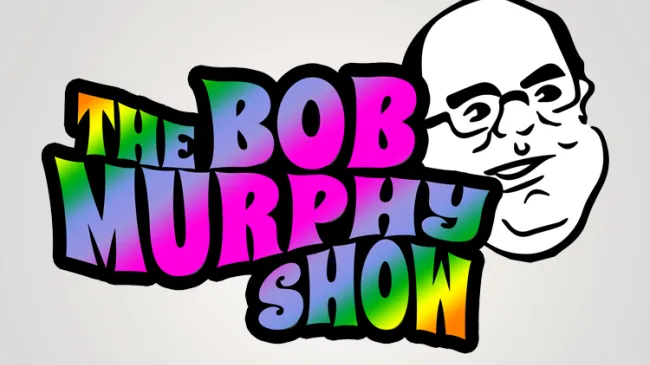Bitcoin
From El Salvador to Africa, the Next Currency War Pits Populists against Bankers
In the face of the coming hardship, central bankers and globalist institutions are going to demand more power to respond to the crisis they created. Bitcoin gives their political opponents a weapon against them.
From El Salvador to Africa, the Next Currency War Pits Populists against Bankers
In the face of the coming hardship, central bankers and globalist institutions are going to demand more power to respond to the crisis they created. Bitcoin gives their political opponents a weapon against them.
A Review of Nik Bhatia’s Layered Money: From Gold and Dollars to Bitcoin and Central Bank Digital Currencies
Nik Bhatia presents a counterintuitive view of how money operates in our current banking system and takes a glimpse into our monetary future.
Could Blockchain Technology Help End Fractional Reserve Banking?
Blockchain technology might be useful in forcing banks to be more transparent in how they handle reserves.
The Fiat Standard with Dr. Saifedean Ammous
On the fiftieth anniversary of Nixon's gold shock, The Fiat Standard is an amazing explication of how the West fell to its current state. You don't want to miss this show, especially Saifedean's epic takedown of fiat academia at the end!
Can the Lightning Network Lead to “Hyperbitcoinization”?
Just as the internet needed web browsers before it could really change the world, Bitcoin needed user-friendly interfaces to grow beyond money and towards being the base layer—the “rails”—for decentralized services built on Bitcoin alone.
Bitcoin’s El Salvador Option
If Bukele really wants monetary freedom for El Salvador, he should not have presented them with what, effectively, is a government handout for bitcoin hodlers and the companies behind the Strike app and other potential intermediaries.
Stephan Livera Interviews Bob Murphy on the Economics of Bitcoin
Bob Murphy and Stephan Livera discuss the economics of Bitcoin from an Austrian perspective.








